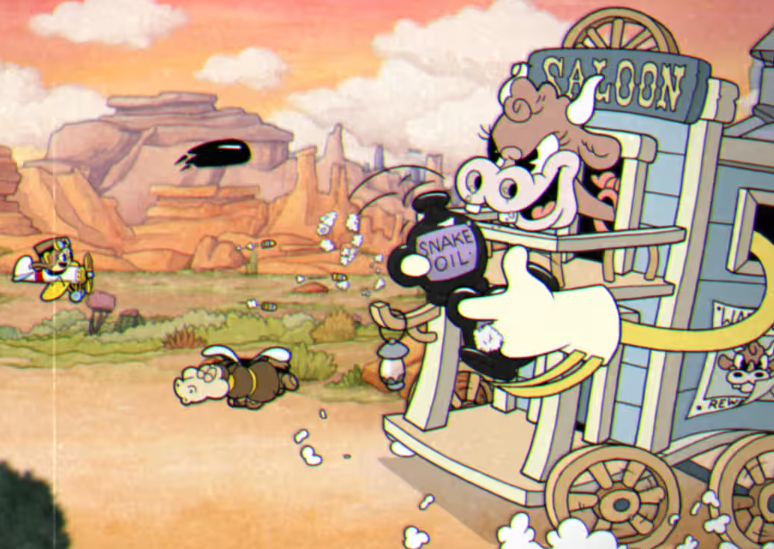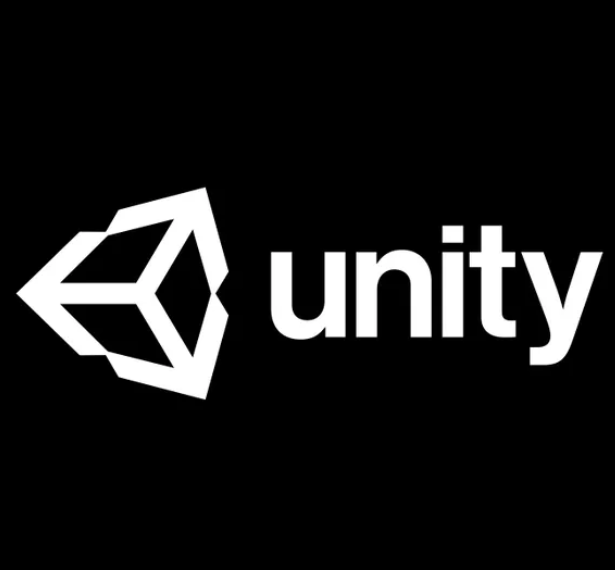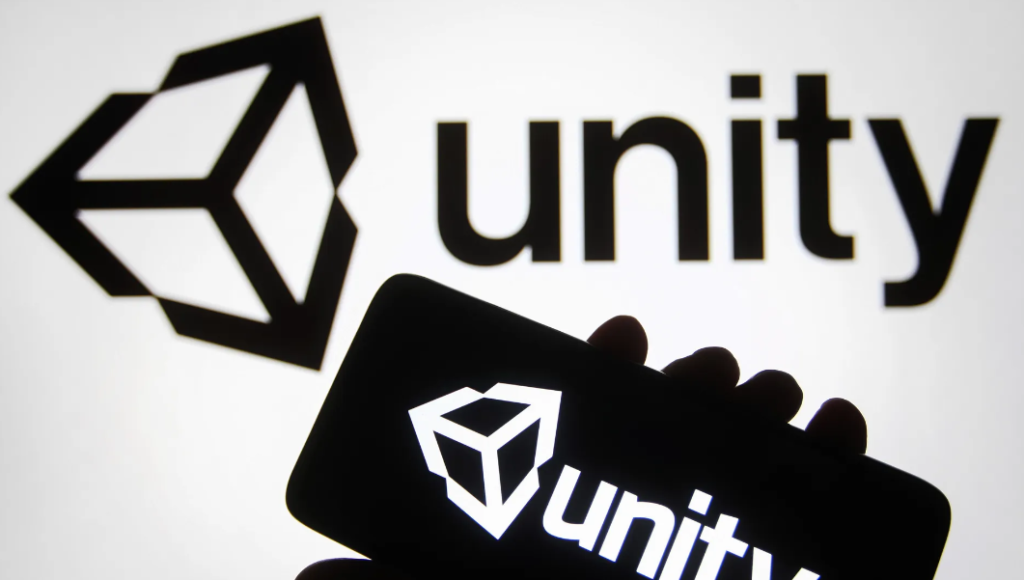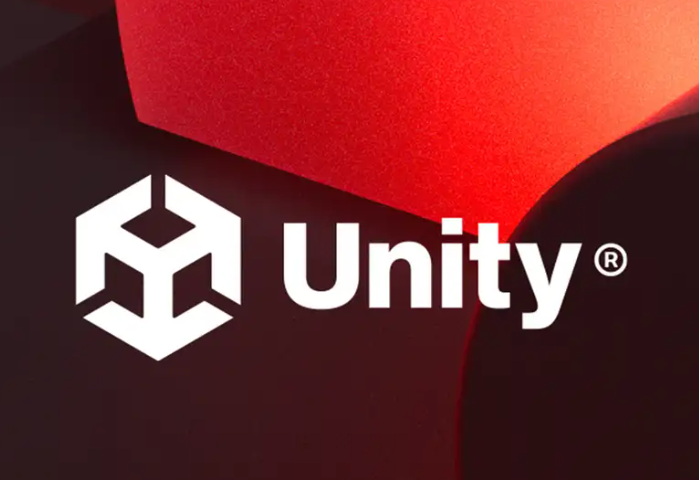Game developers.
Game engine Unity has announced it will begin charging developers a fee every time a user installs their That’s even if someone’s just installing games they already own on a new computer. Developers are, understandably, livid.
Unity unveiled its phenomenally unpopular policy change in a Tuesday blog post, immediately sparking widespread anger, confusion, and disbelief among the development community. From Jan. 1, Unity Technologies will charge developers a Unity Runtime Fee on all games built with Unity, provided they have passed both a minimum revenue threshold within the last year and a minimum lifetime install count.
With Unity’s new plan, developers who use Unity’s free tier of development services would owe Unity $0.20 per installation once their hit thresholds of 200,000 downloads and earn $200,000 in revenue.
Developers paying over $2,000 a year for a Unity Pro plan would have to hit higher thresholds and would be charged with lower fees.
The newfee system will begin at the start of 2024.
Yes, but: developers, rallying on X, began fuming immediately that any game enjoying a spike in installations due to a big sale, inclusion in a charity bundle or even just by being included in a popular subscription service like Microsoft’s Game Pass, would trigger back-breaking Unity fees.
“Stop it,” development studio Innersloth, makers of the hit Among Us, tweeted Tuesday evening. “This would harm not only us, but fellow game studios of all budgets and sizes….”
Another studio, Aggro Crab, called on Unity to reverse its plans, saying that it feared that its next game, set for release to the 25 million subscribers on Game Pass, could incur fees that “threaten the stability of our business.”
The intrigue: Unity has scrambled to clarify and in one key case alter what it has said about its policies around the fees.
Zoom in: After initially telling Axios earlier Tuesday that a player installing a game, deleting it and installing it again would result in multiple fees, Unity’sWhitten told Axios that the company would actually only charge for an initial installation. (A spokesperson told Axios that Unity had “regrouped” to discuss the issue.)
He hoped this would allay fears of “install-bombing,” where an angry user could keep deleting and re-installing a game to rack up fees to punish a developer.
But an extra fee will be charged if a user installs a game on a second device, say a Steam Deck after installing a game on a PC.
Between the lines: Runtime fees will also not be charged for installations of game demos, Whitten said, unless the demo is part of a download that includes the full game (early access games would be charged for an installation, he noted).
Games offered for charity or included in charities will be exempt from the fees. Unity will provide a way for developers to inform Unity that their games are being offered that way, Whitten said.
As for Game Pass and other subscription services, Whitten said that developers like Aggro Crab would not be on the hook, as the fees are charged to distributors, which in the Game Pass example would be Microsoft.
Runtime fees will also not be charged for installations of game demos, Whitten said, unless the demo is part of a download that includes the full game (early access games would be charged for an installation, he noted).
Of note: Whitten estimates that only about 10% of Unity’s developers will wind up having to pay any fees, given the thresholds games need to hit.
What they’re saying: “Our core point with this is simply to make sure that we have the right value exchange so that we can continue to invest in our fundamental mission to make sure that we can deliver the best tools for people to make great games.”
“It’s not fun to get a bunch of angry feedback on any particular day. And I think that that is us needing to clarify some of these points.
“But we’re we’re listening and we will continue to make sure that we deliver the best that we can.”
“We are introducing a Unity Runtime Fee that is based upon each time a qualifying game is downloaded by an end user,” the company shared on its blog. “We chose this because each time a game is downloaded, the Unity Runtime is also installed. Also we believe that an initial install-based fee allows creators to keep the ongoing financial gains from player engagement, unlike a revenue share.”
Unity went on to explain in detail how this new program works, but here’s the gist: before a game is charged with these new fees, it must meet a specific revenue and download threshold that changes based on which tier of Unity subscription a developer pays for. These fees are further broken down depending on where a game is purchased, meaning that a game bought in the US, UK, and other “standard” markets is assessed a higher fee than when it’s bought in “emerging” markets like India or China.
Here’s the table Unity included in its announcement that shows the new fees broken down by subscription tier, markets, and download thresholds.
This morning, popular game-engine creator Unity Software announced an update to its pricing and packaging plans, which will go into effect on January 1, 2024. The new pricing plan introduces a fee that activates and charges developers of high-performing games each time the title is installed by a user or player. The justification is that each time a game is installed, Unity Runtime is also installed.
Starting in January, games will qualify for the Unity Runtime Fee after the game has passed a minimum revenue threshold in the last 12 months and passed a minimum lifetime install count. Unity says it has intentionally set high revenue and install thresholds to avoid impacting smaller developers. Unity’s current threshold for Unity Personal and Plus is set for games that have made $200,000 or more in the last 12 months and have at least 200,000 lifetime game installs; after hitting the threshold for those plans, developers will be charged $0.20 per install over the threshold
For the Pro and Enterprise versions, the games must have made $1,000,000 or more in the last 12 months and have at least 1,000,000 lifetime installs. For the Pro license, developers will be charged between $0.02 and $0.15 per install over the threshold, while Enterprise license holders will be charged between $0.01 and $0.125 per install over the threshold. According to Unity, the company will use proprietary data models to track and determine how much developers owe, which has some developers concerned about a lack of transparency.
Though Unity says it feels this new install-based fee will let creators keep their ongoing financial gains from player engagement, the policies do not directly address methods outside of traditional sales by which people can acquire video games in 2024, such as subscription services like Xbox Game Pass or Apple Arcade, free-to-play games, or piracy. Additionally, Axios’ Stephen.
Totilo reports that if a player deletes a game and re-installs it, that counts as two installs towards the developer’s push towards the threshold, or if they’ve already reached the threshold, two individual charges to the developer. The same applies if the game is installed on two devices by the same user. However, it sounds as though games and bundles sold for charity are exempt from the fees, though some have questioned how Unity will accurately track the difference between standard sales and sales for charity.
Following the announcement, Unity took to Twitter to clarify some of the points. While the company acknowledges this is a price increase for the use of its engine and technology, it is steadfast in its assertion that the majority of its developers will not be impacted by this change. “The developers who will be impacted are generally those who have successful games and are generating revenue way above the thresholds we outlined in our blog,” the company said in a post on Twitter.
“This means that developers who are still building their business and growing the audience of their games will not pay a fee. The program was designed specifically this way to ensure developers could find success before the install fee takes effect.”
Unity also released an FAQ post in its user forums, addressing some of the prevailing questions. Of note, it says that demo downloads, if they are early access, beta, a demo of the full game, or you can get from the demo to the full game, will all count towards the download total; the sole example provided for demos that do not count towards the download count is if it’s a non-upgradeable demo that consists of, say, a single level.
Unity also claims that it has fraud-detection practices in place to detect pirated copies to prevent them from charging developers for those. It mentions that if a game has previously been released and, for example, hit the threshold years ago, Unity will begin imposing the Unity Runtime Fee for each new install starting on January 1, 2024.
The fee has been met with anger and incredulity within the game development community. Garry Newman, creator of the hugely successful Garry’s Mod, tweeted, “Unity can just start charging us a tax per install? They can do this unilaterally? They can charge whatever they want? We have to trust their tracking?!” Indie developer Tony Gowland responded, “We pay for our Pro licenses up-front knowing that any revenue then is ours. That after 2 years of dev they can just add this back-end tax if our game happens to be successful? Nah.”
Unity announced the new charge on its website, referring to it as the Unity Runtime Fee, a reference to the Unity Runtime code that executes each game on player devices, and which until now has not been monetised. “An install-based fee allows creators to keep the ongoing financial gains from player engagement,”
the company stated in its blogpost. Speaking to the industry news site Game Developer, Unity Create’s president, Marc Whitten, said the company was aiming to “better balance the value exchange” between itself and developers. Later in the interview Whitten stated, “We want to make more money so that we can continue to invest in the engine.”
Several developers have pointed out logistical problems with the charge. Will developers be charged each time a player re-installs the game on a new piece of hardware? And how will this affect developers whose game ends up on a subscriptions service such as Xbox Game Pass or charity games collection such as Humble Bundle, where they will suddenly be liable for many thousands of downloads?
As veteran game developer and consultant Rami Ismail put it on X, “If you’re a Unity developing studio, good luck if you ever piss off your userbase. Instead of tanking your Metacritic with a mass review campaign they can now straight-up tank you financially by organising a mass install campaign.”
Originally launched in 2005, Unity is a cross-platform game engine, designed to be affordable and flexible. It was widely adopted by the burgeoning independent game design community and used to build acclaimed titles such as Cuphead, Rust and Pokémon GO. The company recently launched Unity Muse and Unity Sentis, two AI tools designed to aid in the development of AI-driven games and experiences.



